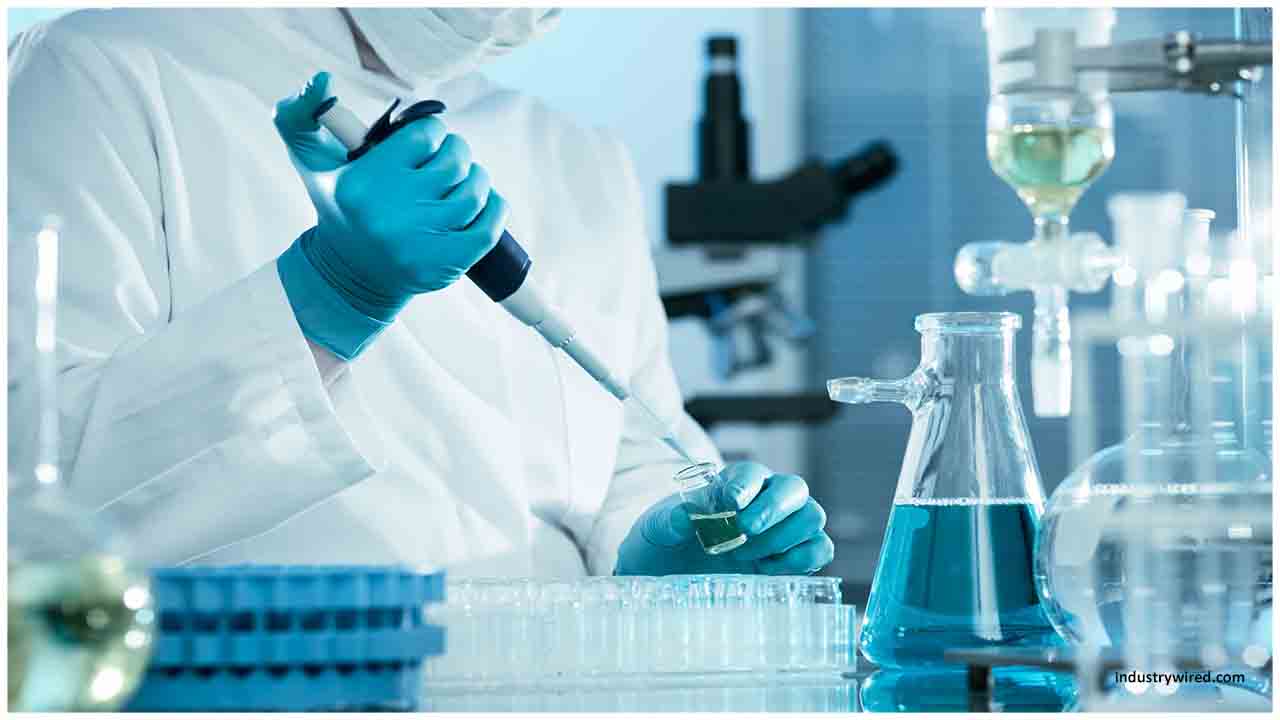Germany on Tuesday raised doubts over the quality and safety of Russia's coronavirus vaccine, stressing that drug approval is granted in the European Union only after full clinical trials.
Patient safety is of the highest priority," a health ministry spokeswoman told German newspaper network RND. "There is no known data on the quality, efficacy, and safety of the Russian vaccine."
Meanwhile, According to the Robert Koch Institute (RKI), health authorities in Germany have reported 966 new coronavirus infections within a day.
Last week, the number had already exceeded the 1,000-mark on Thursday, Friday, and Saturday – for the first time since the beginning of May. On Monday the figure was 436.
It came as Berlin authorities considered how to crack down on people ignoring coronavirus distance rules in bars and pubs. There are also reports of guests leaving fake contact information so they cannot be informed if there is an outbreak.
Berlin health senator Dilek Kalayci said she was concerned about this behavior and suggested that if the situation does not improve, the Senat could ban the sale of alcohol in bars and pubs.
"In pubs, a lot of people come into close contact, and if there's a lot of drinking things become difficult," Kalayci said.
She added that alcohol consumption makes people "more careless. This leads to the spread of infections".
On Tuesday, Kalayci told RBB radio that she was not suggesting a general ban on the sale of alcohol in bars, but rather following the lead of other cities such as Hamburg where a ban on serving drinks on some streets at particular times of the day was in force.
"This is not about a general ban on alcohol," the SPD politician said. "That would be nonsense."
She said people going to bars and observing the rules were not the problem. However, streets with crowds of people and a party atmosphere was problematic.
In Berlin, there's been a total of around 9,700 confirmed cases since the start of the outbreak.
What's the latest on Germany's confirmed cases?
Since the beginning of the crisis, at least 217,293 people in Germany are confirmed to have contracted the Sars-CoV-2 virus, the RKI reported on Tuesday morning.
Since the previous day, there were four new deaths. The number of deaths in connection with a coronavirus infection is now 9,201 according to RKI data. A total of 198,100 people have survived the infection, according to estimates.
The reproductive rate, or R-number for short, is 1.09 in Germany (previous day: 1.17). This means that an infected person infects on average more than one other person. The R-value reflects the course of infection about one and a half weeks before.
The RKI also gives a so-called seven-day R. It refers to a longer period and is, therefore, less subject to daily fluctuations. According to RKI estimates, this value was 1.05 (previous day: 1.17). It reflects the course of infection from 8 to 16 days ago.

 Patient safety is of the highest priority," a health ministry spokeswoman told German newspaper network RND.
Patient safety is of the highest priority," a health ministry spokeswoman told German newspaper network RND.







.jpg)
.jpeg)










.jpeg)



.jpg)






.jpg)


